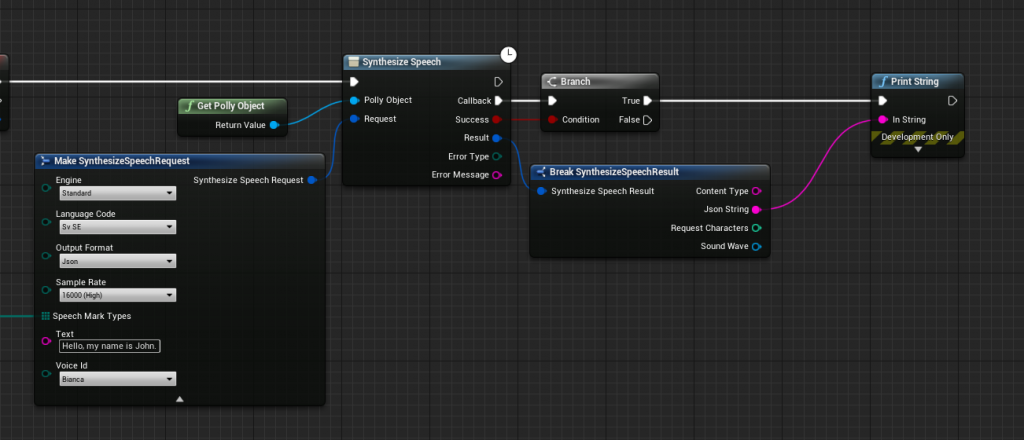General
- Added debugging output to all functions (VeryVerbose), add this to your DefaultEngine.ini (see code block below)
- Changed LoadingPhase for SteamFix module, it was causing issues when Plugin Binaries were not present in a Blueprint only project
[Core.Log]
LogSteamCore=VeryVerbose
Video
- Refactoring of several functions, code cleanup
Utils
- Refactoring of several functions, code cleanup
- Added InitFilterText() function
- Implemented FilterText() function
UserStats
- Refactoring of several functions, code cleanup
UGC
- Refactoring of several functions, code cleanup
- Bug Fix: SetItemTags() not setting all tags properly
Screenshots
- Refactoring of several functions, code cleanup
RemoteStorage
- Refactoring of several functions, code cleanup
RemotePlay
- Refactoring of several functions, code cleanup
ParentalSettings
- Refactoring of several functions, code cleanup
NetworkingUtils
- Refactoring of several functions, code cleanup
- Fixed ConvertPingLocationToString() not converting to an OutParameter
Music
- Refactoring of several functions, code cleanup
Matchmaking
- Refactoring of several functions, code cleanup
Inventory
- Refactoring of several functions, code cleanup
Input
- Refactoring of several functions, code cleanup
GameServer
- Refactoring of several functions, code cleanup
Friends
- Refactoring of several functions, code cleanup
Apps
- Refactoring of several functions, code cleanup


